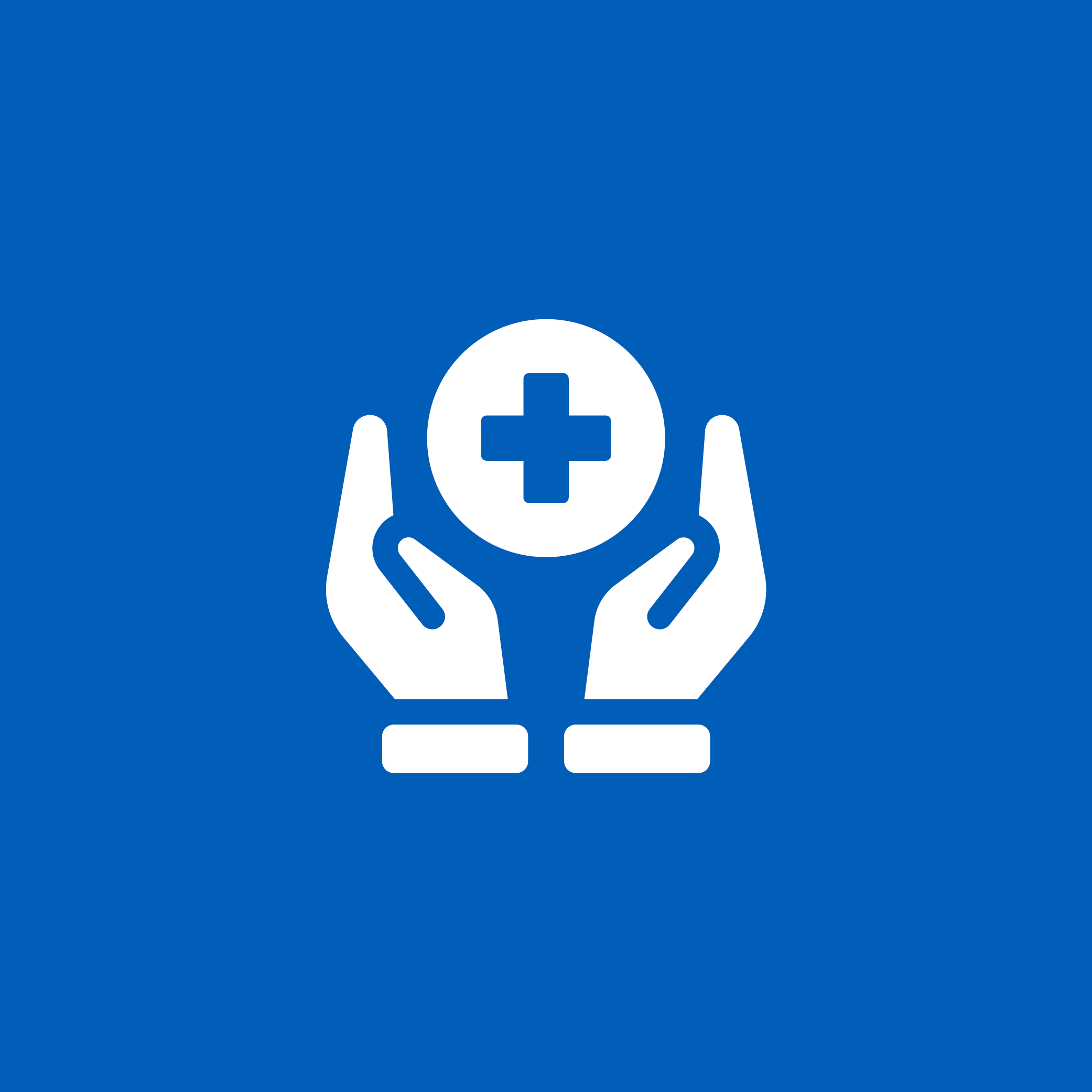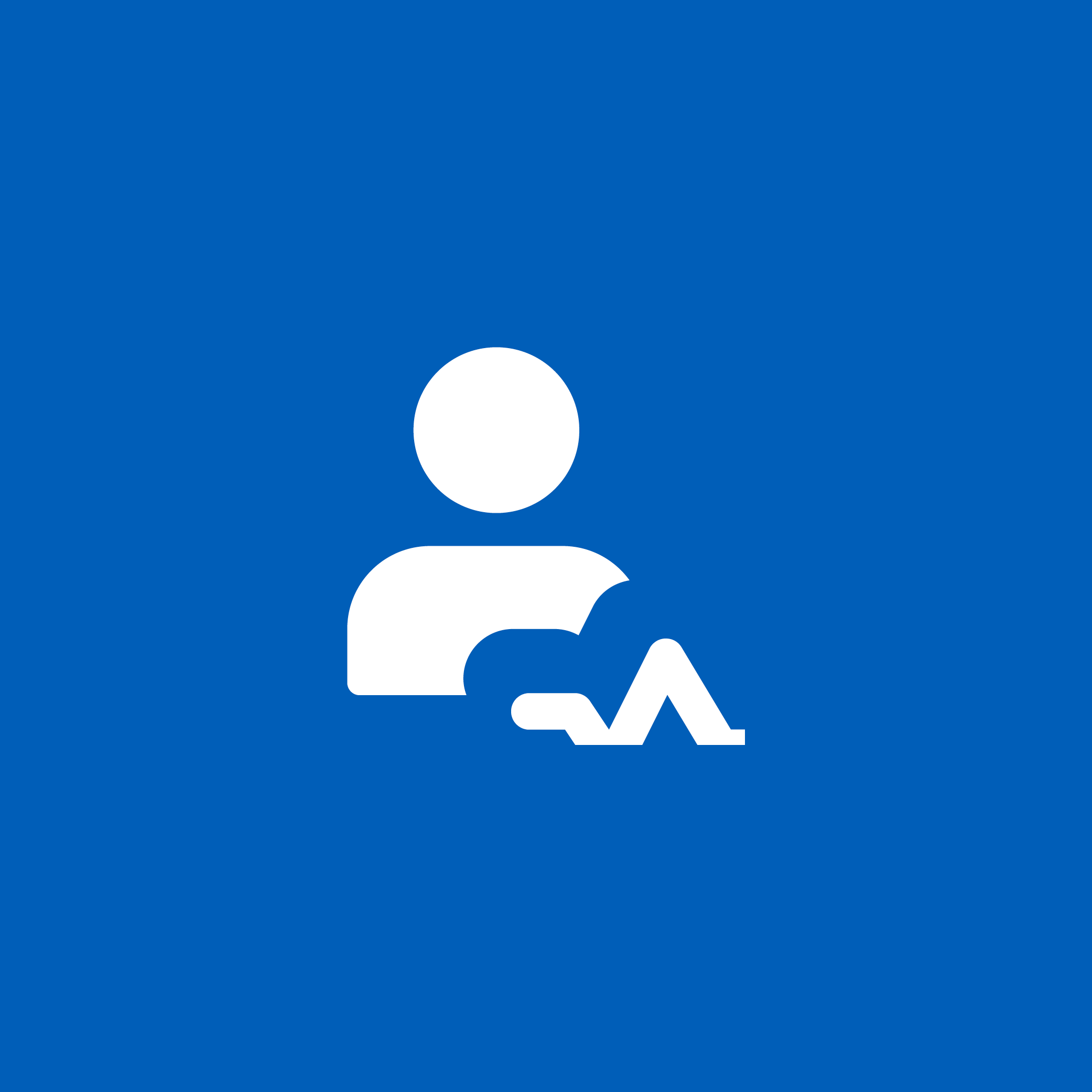Skin Cancer is the most common form of cancer in the UK, but most skin cancers can be cured if detected early. There are two main types of skin cancer; melanoma and non-melanoma.
Dermatology Outpatients Department
Tel: 0151 282 6979
9am-5pm
Dermatology Secretarial Team
Tel: 0151 282 6510
Email: skinbgh
9am- 4.30pm
Minor Surgical/Operations Team
Tel: 0151 282 6656
Email: dermatologysurgicalwaiting@liverpoolft.nhs.uk
9am-4.30pm
More information
We want to make your first visit to see us as easy as possible for you. You will receive a letter from the hospital with an appointment time and information on which hospital you need to attend. If you need to re-arrange your appointment time, please contact 0151 706 5555 and this can be arranged for you.
It is really important that skin cancer is diagnosed early to commence treatment. You will be referred to the hospital if your GP spots something that needs investigation. Our skin specialists (dermatologists) will see you within two weeks at the rapid lesion clinic.
-
Broadgreen Hospital
Address: Broadgreen Hospital
Thomas Drive
Liverpool
L14 3LBFor maps and other information visit our Getting Here page for Broadgreen Hospital
The Dermatology Department is in the Alexandra Wing on the Ground Floor.
At your first appointment, you will attend a clinic room with your doctor and/or clinical nurse specialist (CNS) regarding the skin referral. You will be asked questions around sun exposure, medical history, any medication or allergies. There may be a full skin examination and any legions will be photographed. If required, any surgery will be booked, and an appointment will be sent out to you via post. Sometimes, the surgery can be performed on the day of your clinic visit but this will all be explained to you by your doctor. The CNS you see will be your point of contact to provide support during your investigations/treatment.
Pathology services are integral to the diagnosis and treatment of skin cancer, via blood tests, biopsies and other investigations which will be carried out during your visit to outpatients. These will be sent to LCL (Liverpool Clinical Laboratories) and be examined to diagnose any issues.
Your test results are then discussed by a multi-disciplinary team (MDT). They decide the best treatment path if cancer is discovered. You will be consulted fully so that you play a role in whatever treatment you receive.
Treatment types for skin cancer include:
- Surgery: Most skin cancers are treated with surgery. It is usually a minor procedure and done under local anaesthetic. We have surgeons trained in advanced skin surgery for more complex operations. Very specialised surgery – like plastic surgery, maxillofacial surgery and oculo-plastic surgery – is given at other centres, including Aintree University Hospital and at the Whiston site of Mersey and West Lancashire Hospital.
- Radiotherapy: This uses radio waves to kill cancer cells. It is often used when the cancer is difficult to operate on. It can also be used with surgery (adjuvant treatment). Patients are referred to the Clatterbridge Cancer Centre for this treatment.
- Photodynamic therapy (PDT): PDT is mainly used to treat pre-skin cancer. It involves cream application and red-light treatment to individual lesions. It can be done during the day; no overnight stay is required.
Once you have seen the doctor/CNS, you will be informed of your future treatment plan and will be given a white outcome form to hand into reception on your departure. Please ensure you hand the white form into the clerks to enable them to make a follow up appointment (if needed) or if no treatment is required, you will be discharged back to the care of your GP.
If a hospital prescription is given to you (yellow prescription) this can only be obtained from the hospital pharmacy.
If the doctor/CNS is planning a minor procedure which is not performed on the day, then a date may be given to you whilst in clinic or alternatively you will be placed on a waiting list and the appointment will be sent through the post.
Most minor procedures are carried out within the department however sometimes you will be asked to attend Whiston Hospital. Large lesions may need to be sent to Whiston for treatment or assessment. You may then either be discharged back to your GP or sometimes, care is followed up at Broadgreen Hospital.
Whiston Hospital is located at:
Warrington Road, Prescot, L35 5DR
Tel: 0151 426 1600
The professionals who make up your multidisciplinary team will depend on your type of cancer.
For example, not all cancers can be treated with surgery.
The multidisciplinary team may include:
- A medical oncologist: a specialist doctor who treats cancer with drugs, including chemotherapy.
- A clinical oncologist or radiotherapist: a doctor who treats cancer with radiotherapy and may also prescribe chemotherapy.
- A surgeon: your surgeon will have a special interest in your type of cancer.
- A haematologist: a specialist doctor who diagnoses and treats blood disorders.
- A pathologist: a specialist doctor who examines body tissues and organs under the microscope.
- A radiologist: a specialist in the use of X-rays and other imaging to diagnose and treat disease, with a special interest in your type of cancer.
- A specialist nurse: a nurse who provides information and support.
The multidisciplinary team meets regularly to discuss the best treatment options for each patient in their care, considering the results of tests and your general health.
Your doctor will then discuss the different treatment options available to you, which will include your own preferences.
You may find it helpful to take a family member or friend with you when your treatment is being discussed.
Once your minor procedure has taken place the results can take up to 4-6 weeks.
What options can happen next?
Urgent follow up to discuss diagnosis will be arranged for you to attend the clinic in Broadgreen, via a telephone call or a routine follow up will be sent out to you through the post.
Your GP may be contacted via letter to prescribe a topical treatment and you will be followed up/reviewed some months later at Broadgreen clinic.
A letter will be sent by post to your GP confirming the results of the surgery and discharging you back to their care. This letter will include your diagnosis and you will also receive a copy.
Useful websites:
- Skin Cancer Support Group - provides information about how to use make-up such as skin camouflage.
- Lets Face It - has a range of advice and information services about visual differences to the face or body. Offers support and information for children, young people and adults, and their families. Also works with healthcare professionals, schools and employers to promote awareness about visual differences to the face or body.
- Skinship UK - aims to improve current public perception of, and reaction to, skin diseases and disfigurement. Offers emotional support.
- Skin Support - developed by the British Association of Dermatologists to support people with skin conditions. Offers information about different skin conditions including skin cancer and Bowen’s disease
- Marie Curie
- Macmillan Cancer Support
- Cancer Research UK
- NHS Cancer
- Delivering Teledermatology Across Cheshire & Merseyside - A system users guide (vimeo.com).
Research is an on-going and an important aspect of our work, helping us to improve treatment for patients with debilitating skin conditions.
You may be invited to participate in clinical research studies to help us understand and answer important questions about drug therapies and treatments.
To find out about current research opportunities or register for future studies, please contact our research nurses or visit the Dermatology Research page.
Research nurses
Telephone: 0151 282 6979


